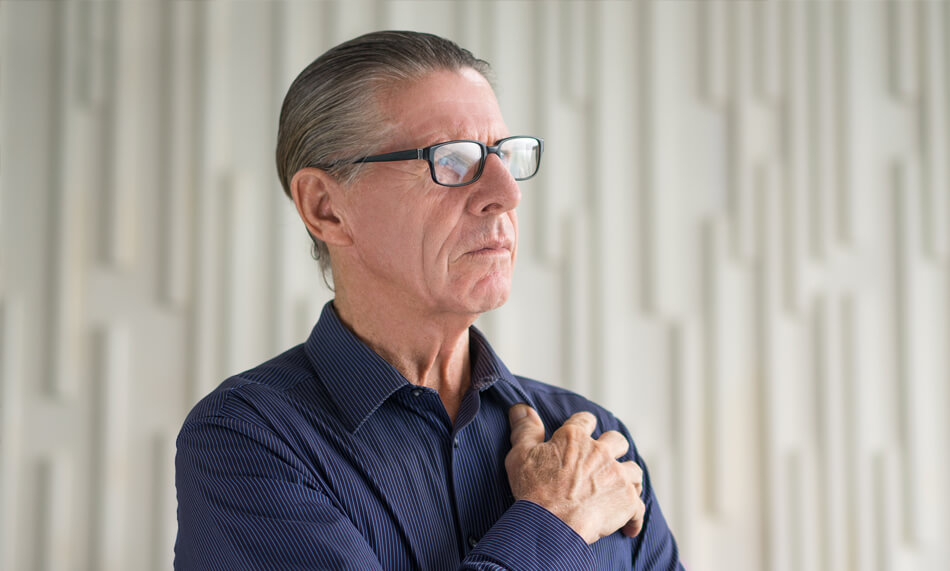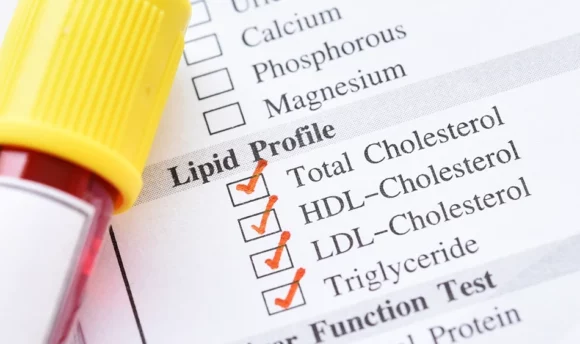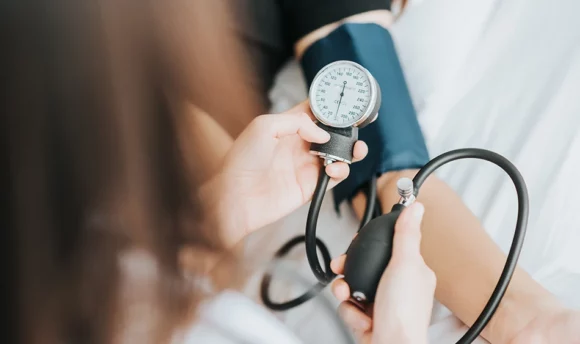Spikes in Blood Pressure and the Reasons Behind Them
Are you experiencing random periods of high blood pressure throughout the day? If so, then you’ve come to the right place. Health Reporter is delving into the causes and treatments for blood pressure spikes.

High blood pressure is an extremely common condition a lot of people deal with. Many people develop high blood pressure at some point in their lives for various reasons, be it genetics, health, or a less-than-healthy diet. Whatever the cause, it’s a relatively easy condition to treat and live on.
However, if you are having random periods of high blood pressure but otherwise have normal blood pressure levels, then you might be rightly worried.
In this article, we’re going to look at what causes blood pressure spikes and how you can deal with them. Read on for more.
Spikes in Blood Pressure – Is it Normal?
Your blood pressure is a measurement of how forcefully blood passes through your body’s circulatory system. It is normal to see blood pressure fluctuate widely throughout the day, but most of these changes are natural and predictable.
When you see drastic spikes and dips in your blood pressure, you may want to speak with your doctor, especially if the high readings are extremely high and the low readings are extremely low. Your doctor will be able to help you pinpoint a pattern or cause for your blood pressure spikes and help you return to normal blood pressure as soon as possible.
Certain activities will naturally cause your blood pressure to increase. Exercising is one of the most common causes and often results in an elevated blood pressure level for a few minutes after you have exercised. It returns to normal shortly after.
However, if you are experiencing consistent spikes in your blood pressure seemingly without a cause, then there may be an underlying issue.
6 Possible Causes of Sudden High Blood Pressure
A number of common things can cause you to experience bouts of high blood pressure. Let’s take a look at some of them now.
#1 Caffeine and nicotine
Even if you have total normal blood pressure readings, consuming caffeine and nicotine can cause a drastic, though temporary, spike in your blood pressure.
Researchers are not yet sure what the reason for these caffeine-induced blood pressure spikes is, but if you struggle with high blood pressure, we suggest taking a trip to the doctor’s office to see if you should limit your caffeine and nicotine intake.
What’s more, if you have high blood pressure, you should avoid consuming caffeine before exercising, as exercising can also cause your blood pressure to increase.
#2 Being overweight
Our blood pressure often increases with our weight. Being overweight can also cause disrupted breathing during sleep – known as sleep apnea – which causes further blood pressure spikes.
Losing weight is one of the best ways to control your blood pressure. Even losing just a few pounds can positively benefit your blood pressure.
#3 Alcohol consumption
Drinking too much alcohol can cause your blood pressure to rise to unhealthy levels. Having more than three alcoholic drinks in a single sitting temporarily raises your blood pressure. While it won’t be enough to send you to the doctor’s office, repeated binge drinking can cause long-term effects on your blood vessels and pressure.
If you are experiencing repeated bouts of blood pressure fluctuations after drinking, then it may be time to cut back on the amount you drink, or perhaps cut out drinking altogether. Your blood vessels will thank you for it, and you may not notice periods of high blood pressure.
#4 Sedentary lifestyle
A sedentary lifestyle can cause an increase in your blood pressure, especially since a sedentary lifestyle tends to lead to weight gain. As we already know, being overweight puts a strain on your heart, which leads to blood pressure fluctuations and high blood pressure.
If you worry that you are living a sedentary lifestyle, consider making small changes, like going for a short walk each day or standing up regularly and walking around your home.
#5 Stress
Emotional stress and anxiety can temporarily cause high blood pressure; over time, excess stress can take a toll on your cardiovascular system. This can lead to permanent problems in your blood pressure.
If you suffer from anxiety or chronic stress, consider taking stress-relieving medications prescribed by your doctor’s office and practicing techniques that reduce stress. Meditation works wonders for relaxation, but if it’s not your thing, then going for a short walk a few times a week can help you improve your stress levels.
#6 Genetics
Lastly, certain genetic traits can cause chronic high blood pressure that, while certainly treatable, may persist throughout a person’s entire life. Chronic blood pressure issues may cause blood pressure fluctuations.
There are several medications that your doctor can prescribe you that will help you manage your high blood pressure and will also help treat genetic blood pressure conditions like systolic blood pressure.
Why Does My Blood Pressure Go Up and Down?
It is normal to experience a blood pressure spike once or twice throughout the day, especially if you have normal blood pressure numbers. Exercise, sleep, and stress can all make a difference, but if you constantly notice dangerous blood pressure levels, you may be experiencing more permanent blood pressure problems.
If you notice a few high blood pressure readings amongst your normal blood pressure readings, you may be living with undiagnosed hypertension. Researchers are still unsure why permanent blood pressure problems like hypertension develop, but it may be due to your genes and environmental effects on your kidneys and heart health.
Some risk factors do increase your chances of experiencing a blood pressure spike. They include:
- Family history
- Your age
- Inadequate physical activity
- Obesity
- Sodium-rich foods
- Regular binge drinking
Uncontrolled blood pressure may also be the result of another health condition. This is known as secondary high blood pressure, resulting from a problem elsewhere in the body. Some medications can also cause high blood pressure.
How to manage my blood pressure?
If you want to manage high blood pressure better, we recommend getting a little help from a blood pressure app. Such health and wellness apps can help you keep on top of your heart health by providing you with readings on your blood pressure, heart rate, and more.
FAQs
Here are some of the most frequently asked questions regarding blood pressure and spikes.
There are pretty much no symptoms that come with experiencing a blood pressure spike. High blood pressure is a largely symptomless condition you may go years without knowing you are suffering from.
It’s no secret that water is very good for the body. Along with helping lower your blood pressure, drinking water throughout the day can assist in keeping your organs hydrated, reducing your risk of urinary tract infections and kidney stones.
A new study has revealed that a frequent stuffy or runny nose can make men more susceptible to high blood pressure. Researchers have reported a link between rhinitis and hypertension. These researchers have concluded that men with rhinitis are almost three times as likely to develop elevated systolic blood pressure or bona fide hypertension.
A Word From Our MD
High blood pressure is known as a “silent killer” because it often does not present any symptoms but can be quite dangerous to your health. High blood pressure can develop for many reasons, and you often won’t know that you have it.
However, it is quite a manageable condition to live with. If you’re diligent about your health and taking any medications prescribed to you by your doctor, then you will have no problem leading a healthy and happy life.
Even if you are experiencing regular spikes in your pressure, there are ways you can reduce the frequency of said spikes and even mitigate them from your life altogether.
My most important piece of advice for you is that if you think you have high blood pressure, go see your doctor! A medical professional will be able to give you a definitive answer and assist you with how you can move forward should they find that you do have high blood pressure.
Conclusion
High blood pressure and blood pressure spikes can easily be managed with the right lifestyle changes and if you take your medication diligently. It is a fairly common condition that millions of people worldwide live with and is easy to treat.

















































 Select your language:
Select your language: 








